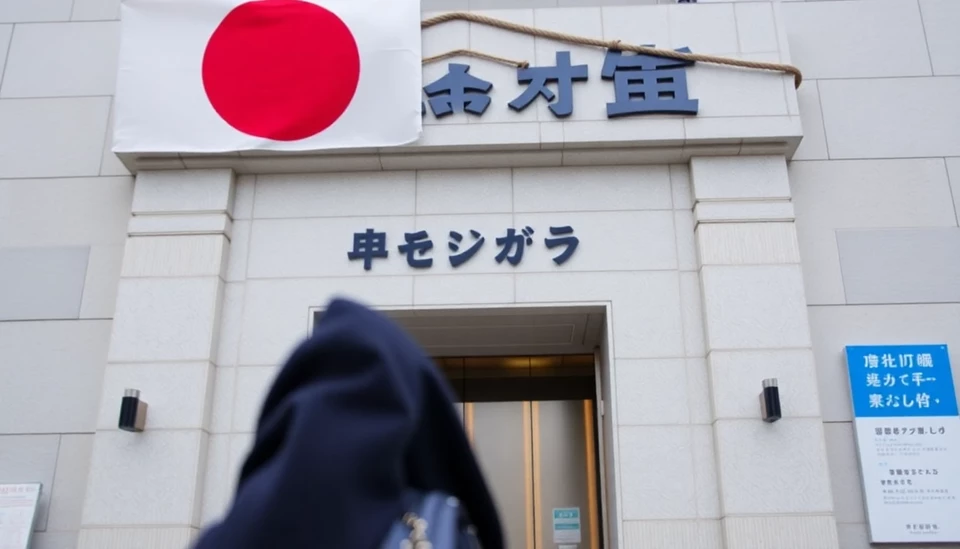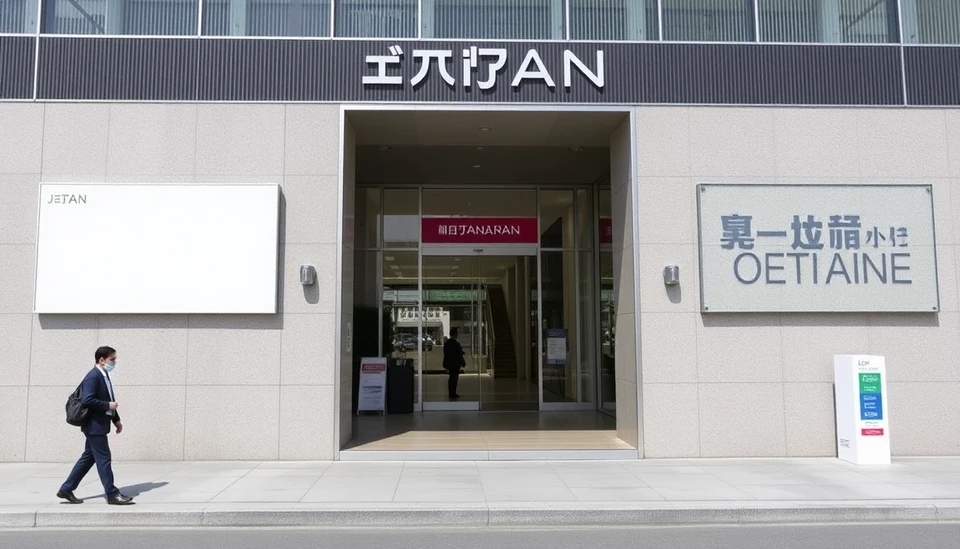
Recent economic data from Japan has revealed a significant upward revision in the nation's growth figures, sparking discussions about potential adjustments to the Bank of Japan's (BOJ) monetary policy. The revised statistics indicate that Japan's economy expanded at a faster rate than previously thought, bringing new considerations for the central bank regarding interest rates.
The BOJ's latest assessment highlights a 4.5% annualized growth rate for the third quarter, which exceeds earlier estimates. Analysts had anticipated a more modest growth rate of around 3.0%. This upward revision underscores the resilience of Japan's economy amidst global challenges, including inflationary pressures and supply chain disruptions that have affected many other countries.
Economists are now speculating whether this robust growth will influence the BOJ's decision-making regarding interest rates. Traditionally known for its accommodative monetary policy, the BOJ has maintained ultra-low interest rates to stimulate economic activity. However, with signs of stronger economic performance, officials are contemplating the timing of a potential rate hike.
At a recent press conference, BOJ Governor Haruhiko Kuroda remarked on the improved economic outlook, citing strengthening consumer spending and exports as key drivers of growth. He noted, however, that any future monetary policy adjustments would depend on a careful assessment of inflation trends and overall economic stability.
The rise in growth figures has been met with cautious optimism from market analysts, who are closely monitoring the situation. Some believe that if the economic momentum continues, the BOJ may be compelled to act sooner than anticipated. Such a shift could align Japan with other central banks globally that are already tightening monetary policy in response to rising inflation.
Despite the encouraging growth data, risks remain. Notably, the ongoing threat of global economic slowdown, particularly in key trading partners, could pose challenges for Japan's export-driven economy. Furthermore, fluctuations in energy prices and ongoing supply chain issues could hinder sustained economic progress.
As the BOJ evaluates its options, the market will be watching closely for any signals regarding rate changes. A premature increase could potentially stifle growth, while delaying action could lead to overheating in the economy. As such, the central bank's next steps are crucial in ensuring the continuation of Japan's economic recovery.
In the coming months, BOJ officials are expected to provide further insights into their monetary policy stance as they balance growth momentum against the risks of inflation and global economic challenges. The decision will be pivotal not only for Japan's economy but also for global markets, as investors keenly await any shifts in the BOJ's historically low interest rate environment.
In summary, Japan's revised growth figures have opened the door to potential changes in the BOJ's monetary policy, with officials keenly assessing the local and global economic landscape. As the nation navigates its recovery, stakeholders are bracing for possible shifts that could reshape the economic outlook.
#Japan #BOJ #EconomicGrowth #InterestRates #MonetaryPolicy #Inflation #GlobalEconomy #GrowthForecast
Author: Rachel Greene




